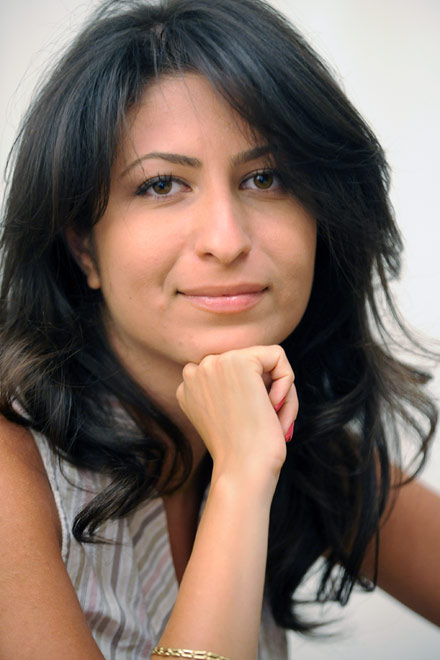Trend News European Desk Commentator Elmira Tariverdiyeva
Moscow, as was supposed, intends in the coming year to preserve its role as the most active mediator in the resolution of Armenian-Azerbaijani Nagorno-Karabakh conflict. It is obvious that this conflict is included in the sphere of Russia's foreign policy priorities.
A list of 24 main foreign policy events of 2010, including the negotiation process around Nagorno-Karabakh was posted on the Russian Foreign Ministry's official website in late 2010.
"Continuation of Russia's mediation efforts in the negotiations on the Nagorno-Karabakh conflict, within which the trilateral meetings were held between the Presidents of Russia, Azerbaijan and Armenia Dmitry Medvedev, Ilham Aliyev and Serzh Sargsyan on Jan. 1925 in Sochi, on June 17 in St. Petersburg, on Oct.27 in Astrakhan, gained high international assessment, "the Foreign Ministry statement said.
There is no doubt that the conflict between Armenia and Azerbaijan will further remain in the Kremlin's great attention. Russian Foreign Minister Sergei Lavrov has announced plans for the near future regarding the negotiation process.
On the last day of 2010 in an interview to the "Russia-24" television channel as a results of the year the minister said he expects holding another meeting in January on resolving the Nagorno-Karabakh conflict with his Azerbaijani and Armenian counterparts.
Due to objective circumstances, the year, of course, will prove to be successful for Russia like for the most active mediator in the Nagorno-Karabakh conflict settlement process. If in the previous year, a chance for active participation of the other two co-chairs of OSCE Minsk Group in the Nagorno-Karabakh conflict - U.S. and France still remained, in the coming year, Washington and Paris, obviously, will focus on domestic issues.
Next year the U.S. comes into the final phase of the presidential race. Preparations for the pre-election campaign will force Washington to hastily resolve issues that may affect the outcome of elections. In particular this deals with the withdrawal of the coalition troops from Afghanistan, the problem of unemployment in the U.S., the stabilization of the economic situation in the country.
It is not worthy to hope that in this case the current administration will have time and opportunities to strengthen the U.S. role in negotiations between the two South Caucasus countries. The U.S. will continue to play its role as co-chair, most likely limiting only with the presence in the OSCE Minsk Group.
The same refers to the second co-chair of MG - France, which also expect presidential elections in 2012. After intensification of France's role as an international player in 2008, when President Nicolas Sarkozy personally acted as a negotiator between Moscow and Tbilisi, the situation changed.
Last year was a difficult checkout for President Sarkozy. The financial crisis forced the government to take unpopular steps over the last two years. However, the measures to maintain macroeconomic stability, which caused a storm of protest in the country, have not yielded positive results. Unemployment is rising, incomes of population are falling.
If the economic situation in Europe does not stabilize in the very near future, according to worse forecasts, France may be next in the list of countries applying for financial aid from the EU.
Most likely, in 2011 President Sarkozy's policy will be built exclusively around domestic problems: the task of helping the elderly, i.e. pension reforms, property tax reforms and justice reforms.
On this backdrop, Russia, which also expects presidential elections in 2012, has all chances to strengthen its position as the most active negotiator between Baku and Yerevan.
The pre-election situation in Russia is radically different from the situation in the two other MG co-chair countries. Participation in the affairs of former Soviet countries is rather useful for the image of the Kremlin. Designated by the Russian President Dmitry Medvedev, the "zone of privileged interests" in the minds of the Russian everyman is not other countries, but close neighbors who need help.
Given the above-mentioned, exactly Russia is likely to make most of the initiatives on the peace process around Nagorno-Karabakh in 2011.






